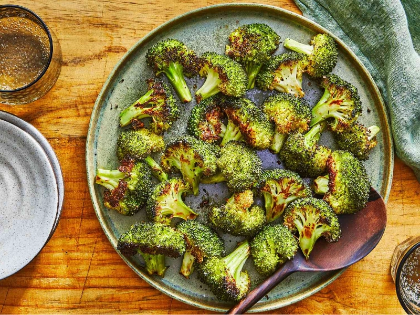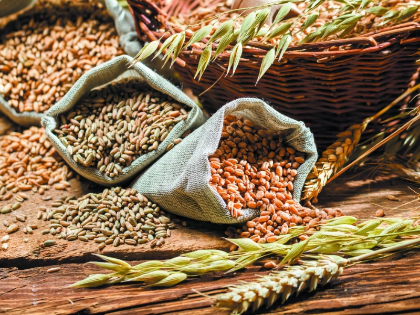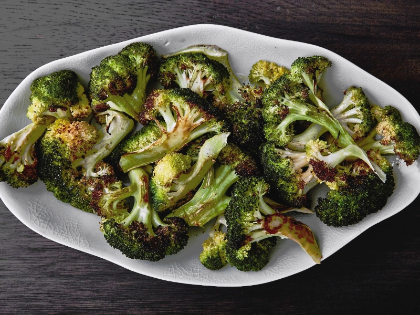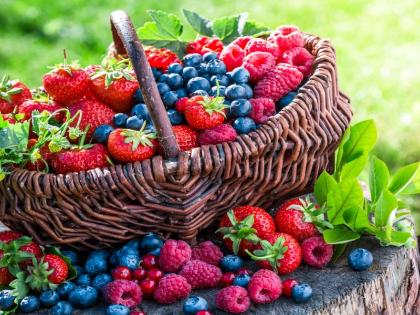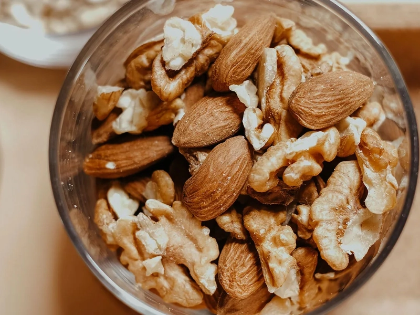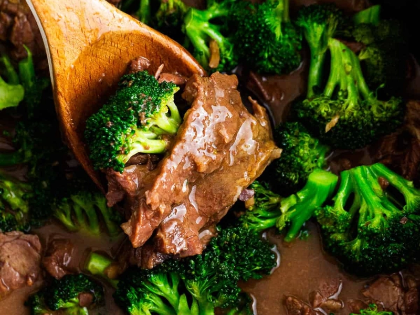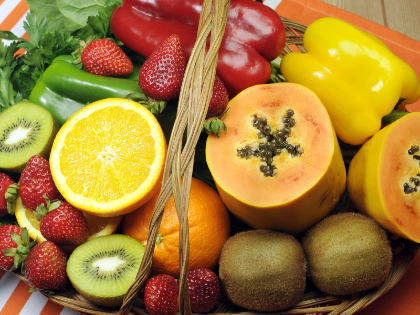Vitamin E for Eye Health: Preserving Vision as You Age
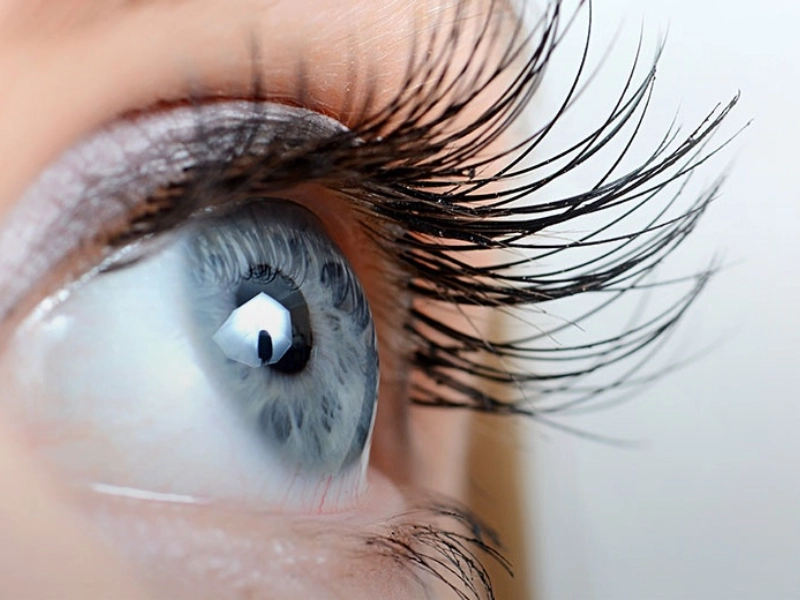
Advertisement
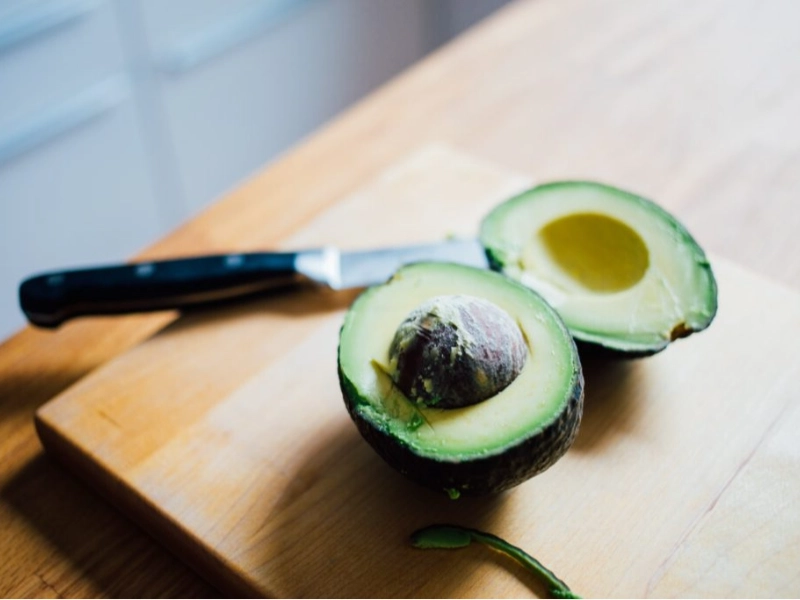 3. Protection Against Eye Diseases by Antioxidants A major contributing cause to the development of certain eye illnesses is oxidative stress. Research on antioxidants—including vitamin E—have revealed that they can help lower the risk of cataracts and age-related macular degeneration ( AMD ). Leading cause of vision loss in elderly persons, AMD is typified by retinal central portion degradation. Higher vitamin E intakes have been linked in studies to a reduced incidence of AMD, which emphasises the need of this vitamin in maintaining eyesight as we age.
4. Vitamin E Sources Given that vitamin E is available in many foods, including some really simple meals, including it into your diet is rather simple. Excellent providers of vitamin E are nuts and seeds like hazelnuts, sunflower seeds, and almonds. Among other foods high in this vitamin are avocados, whole grains, broccoli, and spinach. For those who might have trouble getting enough vitamin E from their diet, there are also fortified foods and pills. Including these foods in a balanced diet will help guarantee enough intake of this vital nutrient.
5. The Part Vitamin E Plays in Eye Function Maintaining the condition of the retina—the light-sensitive layer at the rear of the eye—requires vitamin E. It guards retinal cells from oxidative damage, therefore preserving vision quality. Moreover, vitamin E stimulates good blood circulation, thereby supporting the general eye function. Delivering oxygen and nutrients to the eyes depends on proper blood flow, so guaranteeing best function and health. Retinal health and circulation support via which vitamin E helps to preserve vision as we age.
3. Protection Against Eye Diseases by Antioxidants A major contributing cause to the development of certain eye illnesses is oxidative stress. Research on antioxidants—including vitamin E—have revealed that they can help lower the risk of cataracts and age-related macular degeneration ( AMD ). Leading cause of vision loss in elderly persons, AMD is typified by retinal central portion degradation. Higher vitamin E intakes have been linked in studies to a reduced incidence of AMD, which emphasises the need of this vitamin in maintaining eyesight as we age.
4. Vitamin E Sources Given that vitamin E is available in many foods, including some really simple meals, including it into your diet is rather simple. Excellent providers of vitamin E are nuts and seeds like hazelnuts, sunflower seeds, and almonds. Among other foods high in this vitamin are avocados, whole grains, broccoli, and spinach. For those who might have trouble getting enough vitamin E from their diet, there are also fortified foods and pills. Including these foods in a balanced diet will help guarantee enough intake of this vital nutrient.
5. The Part Vitamin E Plays in Eye Function Maintaining the condition of the retina—the light-sensitive layer at the rear of the eye—requires vitamin E. It guards retinal cells from oxidative damage, therefore preserving vision quality. Moreover, vitamin E stimulates good blood circulation, thereby supporting the general eye function. Delivering oxygen and nutrients to the eyes depends on proper blood flow, so guaranteeing best function and health. Retinal health and circulation support via which vitamin E helps to preserve vision as we age.
 6. Combining Other Nutrients with Vitamin E Combining vitamin E with other vital nutrients helps to promote best eye health. Together with minerals like zinc, vitamins C and A boost the protective powers of vitamin E. Many vibrantly coloured fruits and vegetables, like bell peppers, carrots, and oranges, have this mix. A well-balanced diet including a range of essential minerals can offer complete support for eye health, therefore lowering the risk of age-related disorders.
7. Eye Health: Lifestyle Elements Apart from a diet high in nutrients, some lifestyle choices can greatly affect the state of eyes. Wearing sunglasses to shield your eyes from too much sun, avoiding smoking, and controlling chronic diseases like diabetes will help you to preserve vision. Early detection and management of any problems depend also on regular eye exams. As you get older, you can improve your eye health and eyesight by using a whole strategy including a good diet, way of life, and frequent visits.
6. Combining Other Nutrients with Vitamin E Combining vitamin E with other vital nutrients helps to promote best eye health. Together with minerals like zinc, vitamins C and A boost the protective powers of vitamin E. Many vibrantly coloured fruits and vegetables, like bell peppers, carrots, and oranges, have this mix. A well-balanced diet including a range of essential minerals can offer complete support for eye health, therefore lowering the risk of age-related disorders.
7. Eye Health: Lifestyle Elements Apart from a diet high in nutrients, some lifestyle choices can greatly affect the state of eyes. Wearing sunglasses to shield your eyes from too much sun, avoiding smoking, and controlling chronic diseases like diabetes will help you to preserve vision. Early detection and management of any problems depend also on regular eye exams. As you get older, you can improve your eye health and eyesight by using a whole strategy including a good diet, way of life, and frequent visits.
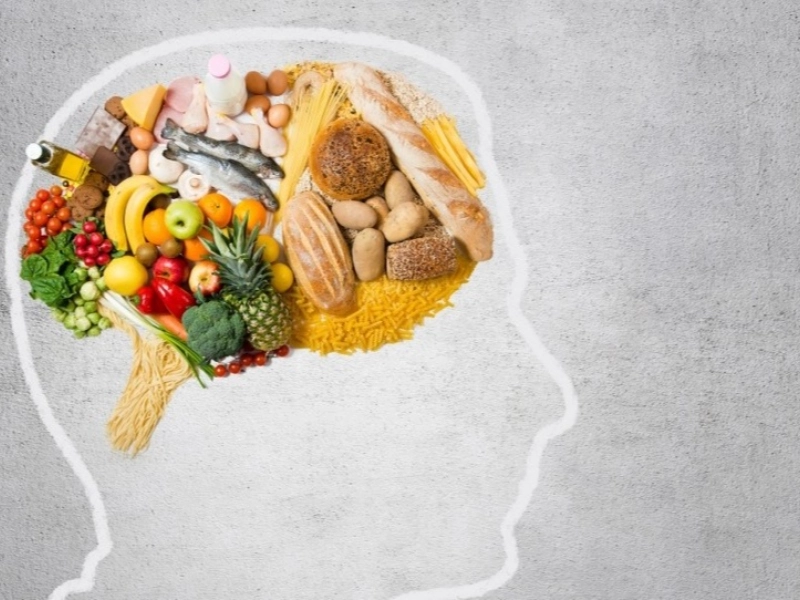 8. Potential Vitamin E Supplement Risks Although food is usually safe source of vitamin E, too much supplements could cause problems. High dosages of vitamin E could aggravate blood clotting problems and raise hemorrhagic stroke risk. Before beginning any supplement program, particularly if you take other drugs or have underlying medical concerns, you should see a healthcare practitioner. Usually the ideal approach to satisfy your vitamin E requires without running the dangers connected with high-dose supplements is a balanced diet heavy in real foods.
9. Review of Vitamin E's Function in Eye Health Thanks in great part to its strong antioxidant qualities, vitamin E helps to preserve eye health as we age. This basic vitamin can help lower the incidence of age-related eye illnesses including cataracts and macular degeneration by shielding the eyes from oxidative stress and supporting retinal function. Along with other essential nutrients, including vitamin E, including meals high in this vitamin will help to maintain best eye health. As you age, you can have improved quality of life and sharper sight by being proactive in your maintenance of your vision through nutrition and lifestyle choices.
8. Potential Vitamin E Supplement Risks Although food is usually safe source of vitamin E, too much supplements could cause problems. High dosages of vitamin E could aggravate blood clotting problems and raise hemorrhagic stroke risk. Before beginning any supplement program, particularly if you take other drugs or have underlying medical concerns, you should see a healthcare practitioner. Usually the ideal approach to satisfy your vitamin E requires without running the dangers connected with high-dose supplements is a balanced diet heavy in real foods.
9. Review of Vitamin E's Function in Eye Health Thanks in great part to its strong antioxidant qualities, vitamin E helps to preserve eye health as we age. This basic vitamin can help lower the incidence of age-related eye illnesses including cataracts and macular degeneration by shielding the eyes from oxidative stress and supporting retinal function. Along with other essential nutrients, including vitamin E, including meals high in this vitamin will help to maintain best eye health. As you age, you can have improved quality of life and sharper sight by being proactive in your maintenance of your vision through nutrition and lifestyle choices.
Advertisement

